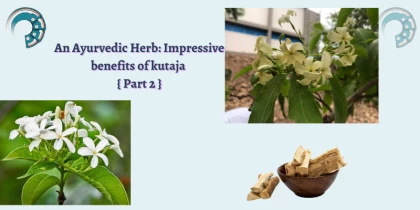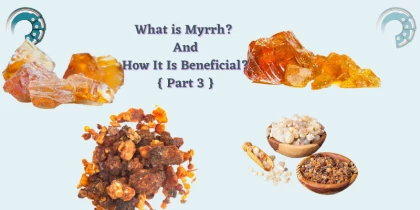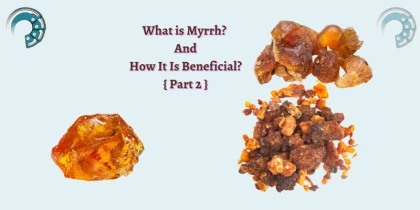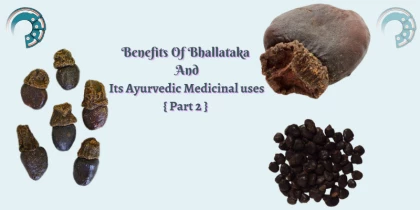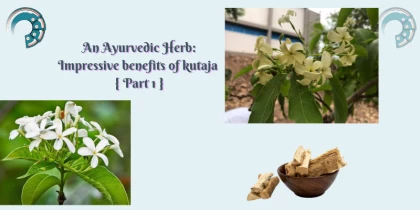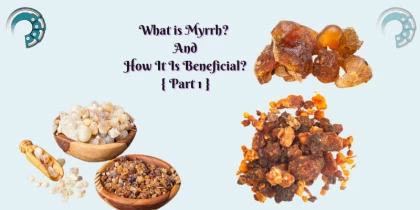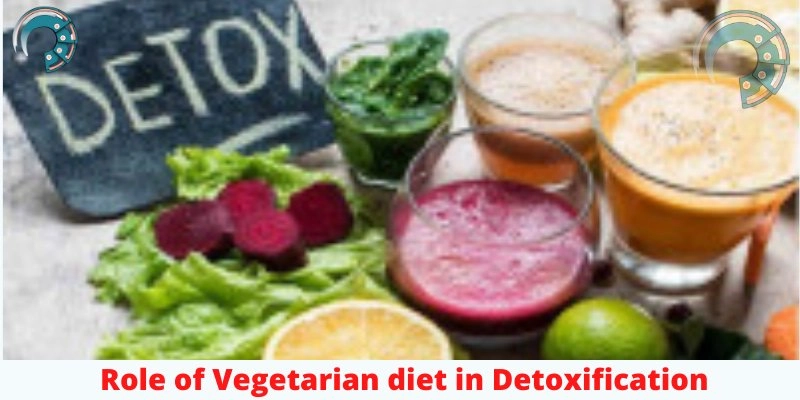
Role of Vegetarian diet in Detoxification
This can allow harmful bacteria and toxins to accumulate and can create a general feeling of sluggishness, as well as a host of digestive disorders, such as irritable bowel syndrome or colitis. When we begin eating a more healthy vegetarian diet, we start to get more dietary fiber into our systems, and all of a sudden, our digestive systems start to work better,
When you eliminate high-fat meat and processed foods from your diet, then much of your body’s energy is freed from the intense work of digesting these foods. Everything becomes clearer – your blood, your organs, your mind. You start to become more aware of the toxic nature of the food you’d been eating before.
Toxicity is of much greater concern in the twentieth century than ever before. There are many new and stronger chemicals, air and water pollution, radiation, and nuclear power. We ingest new chemicals, use more drugs of all kinds, eat more sugar and refined foods, and daily abuse ourselves with various stimulants and sedatives. The incidence of many toxicity diseases has increased as well.
Cancer and cardiovascular disease are two of the main ones. Arthritis, allergies, obesity, and many skin problems are others. In addition, a wide range of symptoms, such as headaches, fatigue, pains, coughs, gastrointestinal problems, and problems from immune weakness, can all be related to toxicity. When you start a vegetarian eating plan, your body eventually cleanses itself of the harmful effects of these toxic foods.
How do you teach kids to resist the siren song of Ronald McDonald? There isn’t a plate of vegetables on the planet that’s going to look as good to them as a Happy Meal!
You have to start slowly to change not only your eating patterns but your family’s as well. Like any other dietary endeavor, it starts at the grocery store. Begin stocking the refrigerator with healthy snacks like apples and carrots. Exchange good, chewy brown rice for white rice and processed side dishes, which are so high in fat and sodium. Make meat portions smaller and smaller and start incorporating more vegetables and grains into your family dinners.
Don’t make changes all at once. If you do give in and stop at a fast-food restaurant, get fruit or yogurt in addition to or part of that meal. Make the changes so gradual that they’ll never notice their diets are changing. Kids are usually very sympathetic to animals, and it’s not too early to talk to them about eating in a way that isn’t cruel to animals.
You’ll be doing them a favor that will last them a lifetime. With childhood obesity at epidemic levels, you will be setting up your children for lifelong eating habits that will help ensure a long and healthy life.
Many of the health benefits derived from a vegetarian diet have to do with creating a healthy environment in the bowels and stomach. Our digestive systems, from prehistory on, were designed to metabolize vegetable matter, more than animal products. Fruits, vegetables, legumes, and nuts provide the kind of dietary fiber our digestive systems need to function properly. The Western diet that’s high in processed and refined flour and sugar, and in animal products that are laden with hormones and antibiotics, are anathema to our insides.
When the digestive system doesn’t function and work as it’s intended to, that leads to opportunistic diseases or changes in the DNA of cells in the stomach and colon. And there are more practical considerations as well. When we don’t get enough of the fiber we need, we incur a host of digestion and elimination problems, such as constipation and hemorrhoids that are a result of straining. These diseases and syndromes are much less evident in a vegetarian population than in a meat-eating population.
Other diseases of the bowel that occur less frequently in a vegetarian population include irritable bowel syndrome and chronic ulcerative colitis, most likely due to the increased fiber content in a vegetarian diet. And of course, a diet that’s higher in dietary fiber than comes from a vegetarian diet will decrease the likelihood or risk of colon cancer.
When you consider the risks that come with a diet that includes meat and animal products, and the benefits that come from a vegetarian diet, does the prospect of a steak or burger or bacon sound that good to you?
Doesn’t it at least make sense to reverse the portion sizes and proportions of meats to vegetables and side dishes? In other words, if you must continue to eat meat, then make meat your side dish, or just incidental to your meal, such as in a stir fry. Increasing the proportion of fruits and vegetables in your diet can only be good for you.



